The week's good news: Feb. 16, 2023

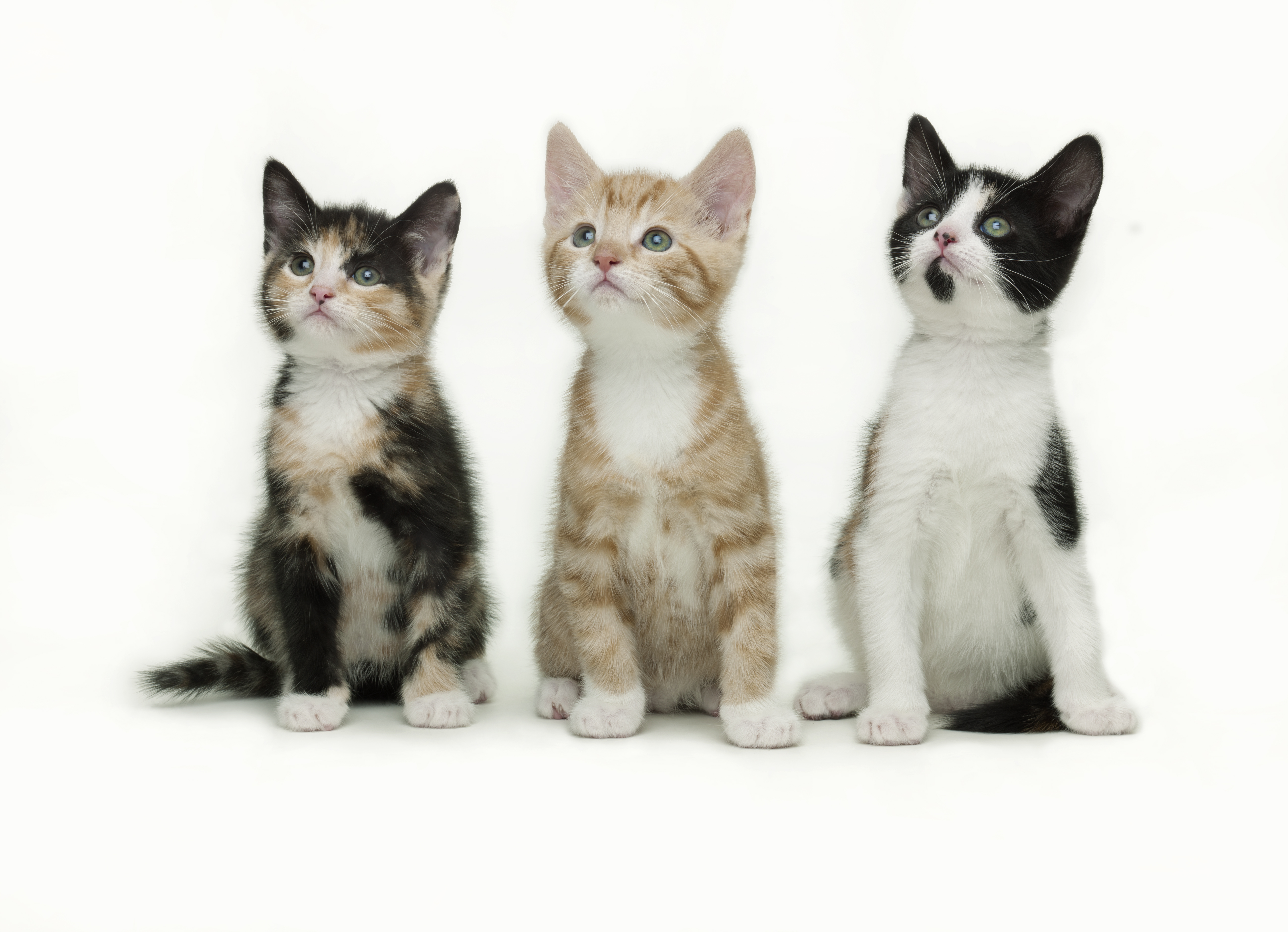
- 1. Daughter's viral video about her dad's book sends it to the top of the best seller list
- 2. This loving cat has helped welcome more than 100 foster kittens to his home
- 3. Couple falls in love after going through heart surgery together
- 4. English rower makes it across the Atlantic Ocean in record time
- 5. Scientists are intrigued about the possibilities surrounding moon dust
A free daily email with the biggest news stories of the day – and the best features from TheWeek.com
You are now subscribed
Your newsletter sign-up was successful
1. Daughter's viral video about her dad's book sends it to the top of the best seller list
It took just 16 seconds to change the trajectory of Lloyd Devereux Richards' literary career. In 2012, his first book, Stone Maidens, was published by Thomas & Mercer, an Amazon subsidiary. He wrote the 300-page tome about an FBI forensic anthropologist investigating a serial killer in Indiana over the course of 14 years — a lawyer, he worked on the book before and after work, and said for about a decade, he only got four hours of sleep a night. Through it all, his three kids always came first, and that's why his daughter, Marguerite Richards, wanted to see her dad's book, which hadn't sold many copies since its publication, get the attention it deserved. Last week, she recorded a brief TikTok of him in his attic where he writes, with the caption, "I'd love for him to get some sales." Overnight, the video received 1 million views, and soon, Stone Maidens, which had been ranked 1,452 in Amazon's mystery, thriller, and suspense novels, shot to the top spot on the Best Sellers list. Lloyd told The Washington Post he still doesn't quite get how this all happened, but "I'm grateful. I'm very happy. I just can't believe it."
2. This loving cat has helped welcome more than 100 foster kittens to his home
Elvis is the king of making foster cats feel purrfectly at home. He was once a foster cat himself; in 2013, Beverly Pack, a volunteer with Open Arms Animal Shelter in Louisa, Kentucky, took in Elvis, his sister Priscilla, and other kittens in their litter. When she learned that Elvis and Priscilla both have mild-to-moderate cases of cerebellar hypoplasia, also known as "wobbly cat syndrome," she decided to adopt them. This developmental condition affects their balance and motor skills, but it doesn't stop Elvis from fully embracing every new foster kitten that comes to their house. Since 2013, Pack said there have been "probably over 100" fosters, and Elvis "insists that they let him wash their ears," she told Today. "He grooms them and bathes them." He follows his new friends around during the day, then "snuggles with them at bedtime," Pack added. All of this attention helps the kittens with their socialization, making it easier for them to get adopted. Elvis' kindness has been rewarded — he was recently named one of the five winners of Arm & Hammer's Feline Generous Happily Furever After contest, and a donation was made to the Open Arms Animal Shelter.
The Week
Escape your echo chamber. Get the facts behind the news, plus analysis from multiple perspectives.

Sign up for The Week's Free Newsletters
From our morning news briefing to a weekly Good News Newsletter, get the best of The Week delivered directly to your inbox.
From our morning news briefing to a weekly Good News Newsletter, get the best of The Week delivered directly to your inbox.
3. Couple falls in love after going through heart surgery together
Husband and wife Collin Kobelja and Taylor Givens met in 2011, but it wasn't love at first sight — in fact, Givens told CBS News, they were both "miserable." That's because Kobelja, 34, and Givens, 29, were recovering from heart transplants at Inova Fairfax Hospital in Virginia. They were in rooms right next to each other, and while they interacted, romance wasn't in the air. That all changed on the five year anniversary of their heart transplants, when Kobelja returned to the hospital to visit his doctors and asked Givens if she'd like to meet for dinner. "It was cute because we had to take our medicine at the same time, the same medicine," Givens said. "I definitely felt a spark and I wasn't expecting that at all." Dating had been hard for both of them, and it was "great" to find someone "you don't have to explain anything to," Kobelja said. They've now been married for four years, and leaned on each other as Kobelja underwent another heart transplant and Givens finished treatment for lymphoma. "Having him beside me, I'm not as afraid of things," Givens told CBS News, adding, "I see him existing and making it through these transplants and thriving, and it gives me a new sense of hope and purpose."
4. English rower makes it across the Atlantic Ocean in record time
Miriam Payne accepted the challenge, and in the process, set a world record. Payne, 23, of East Yorkshire, England, participated in the annual Talisker Whisky Atlantic Challenge, described as "the world's toughest row." She left the Canary Islands on Dec. 12, and reached Antigua on Feb. 10 — with a time of 59 days, 16 hours, and 36 minutes, she set a record for a solo woman rowing across the Atlantic Ocean. "The last eight to 10 miles were actually really hard," she told BBC News, adding, "eight miles is nothing in the grand scheme of 3,000 ... but it felt like some of the longest." Payne had to complete the challenge entirely own her own, without any help; she completed all repairs to her boat, Seas the Day 2022, and carried all of the food and water she would need on board. It was tough, but Payne said it was important for her to take part in the challenge, which raised money for women's and mental health charities.
A free daily email with the biggest news stories of the day – and the best features from TheWeek.com
5. Scientists are intrigued about the possibilities surrounding moon dust
Would dust from the moon help combat climate change? That's what a group of scientists proposed in a study published last week in the journal PLOS Climate. The research found that dust from the moon could serve as a barrier between the Earth and the sun, potentially reducing the amount of sunlight by 1 to 2 percent or 6 days worth per year. As a result, the planet's temperature could be brought down from the outside. The idea is still primarily conceptual as it would require a lot of new technology to be implemented feasibly, but "it is amazing to contemplate how moon dust — which took over 4 billion years to generate — might help slow the rise in the Earth's temperature, a problem that took us less than 300 years to produce," study co-author Scott Kenyon of the Center for Astrophysics said. Along with the technology, there are also logistical issues to consider — the dust needs to be deposited in exactly the right place and would need to be replenished every few days, and 22 billion pounds of dust would be needed each time to be effective. Strides still need to be made to reduce greenhouse gas emissions, but "our idea is one — and it's a very intensive one — to contribute to climate change mitigation, if we need more time here at home," the study's lead author, Ben Bromley, said.
Catherine Garcia has worked as a senior writer at The Week since 2014. Her writing and reporting have appeared in Entertainment Weekly, The New York Times, Wirecutter, NBC News and "The Book of Jezebel," among others. She's a graduate of the University of Redlands and the Columbia University Graduate School of Journalism.
-
 Quentin Deranque: a student’s death energizes the French far right
Quentin Deranque: a student’s death energizes the French far rightIN THE SPOTLIGHT Reactions to the violent killing of an ultra-conservative activist offer a glimpse at the culture wars roiling France ahead of next year’s elections.
-
 Secured vs. unsecured loans: how do they differ and which is better?
Secured vs. unsecured loans: how do they differ and which is better?the explainer They are distinguished by the level of risk and the inclusion of collateral
-
 ‘States that set ambitious climate targets are already feeling the tension’
‘States that set ambitious climate targets are already feeling the tension’Instant Opinion Opinion, comment and editorials of the day
-
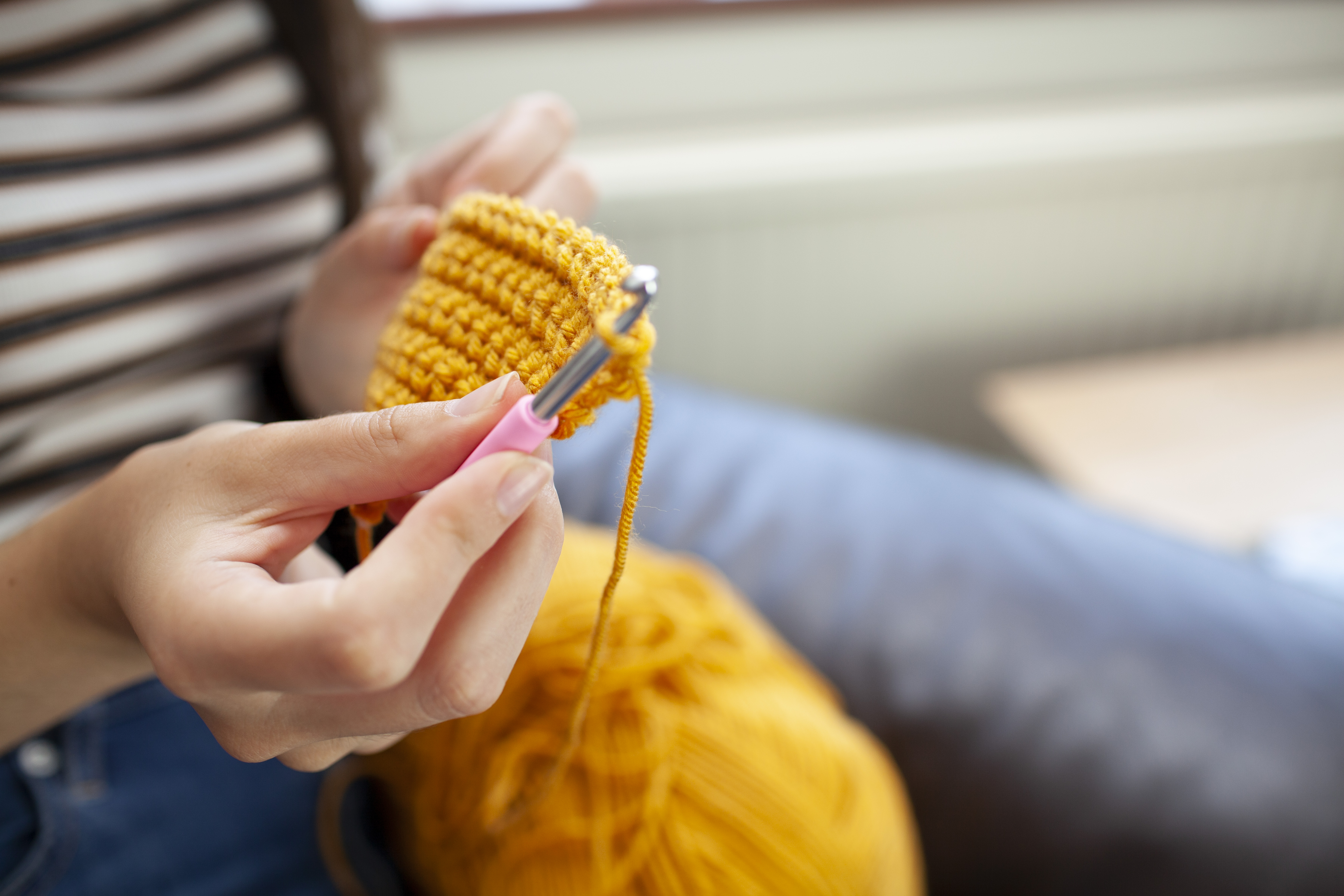 The week's good news: Jan. 18, 2024
The week's good news: Jan. 18, 2024Feature It wasn't all bad!
-
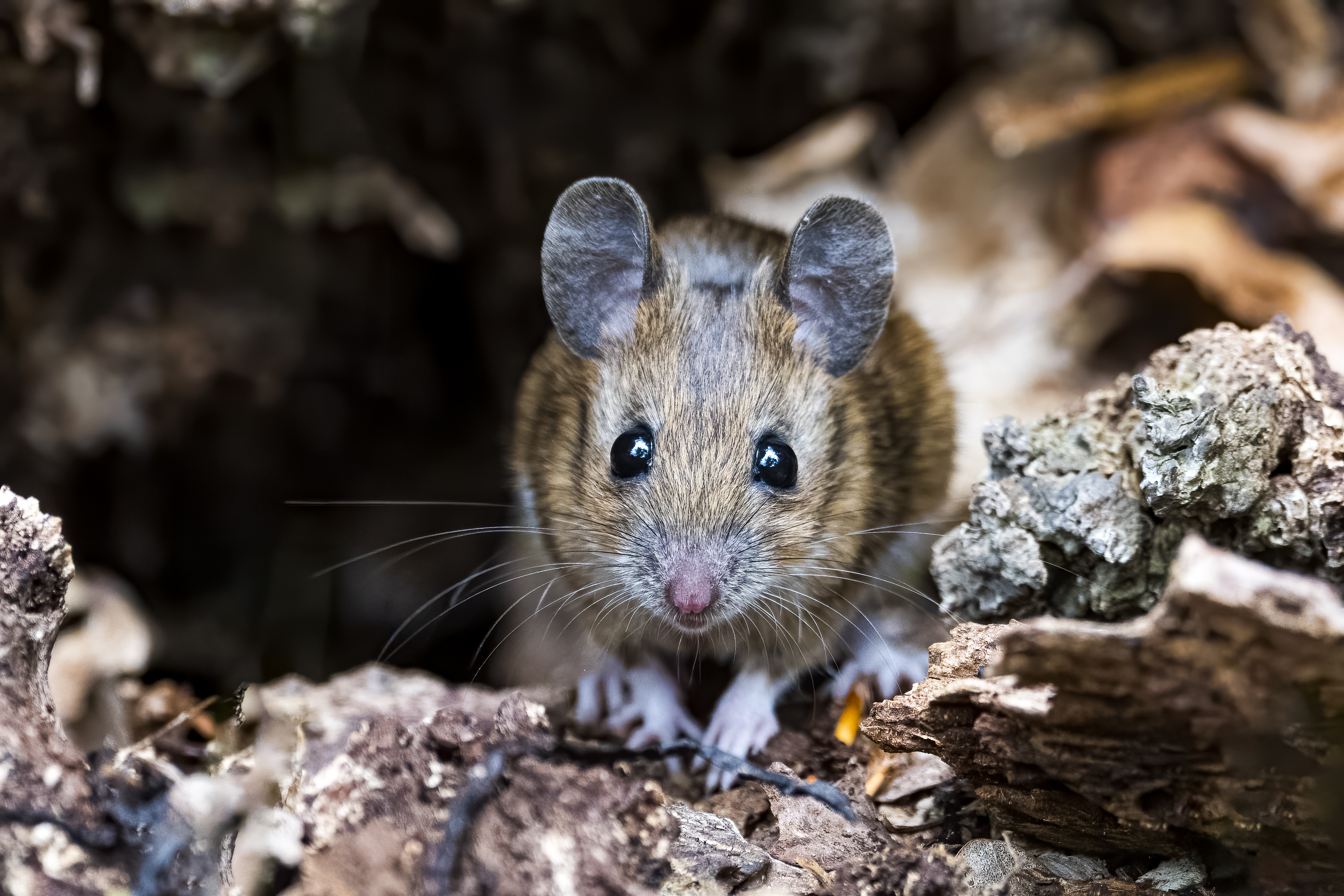 The week's good news: Jan. 11, 2024
The week's good news: Jan. 11, 2024Feature It wasn't all bad!
-
 The week's good news: Jan. 4, 2023
The week's good news: Jan. 4, 2023Feature It wasn't all bad!
-
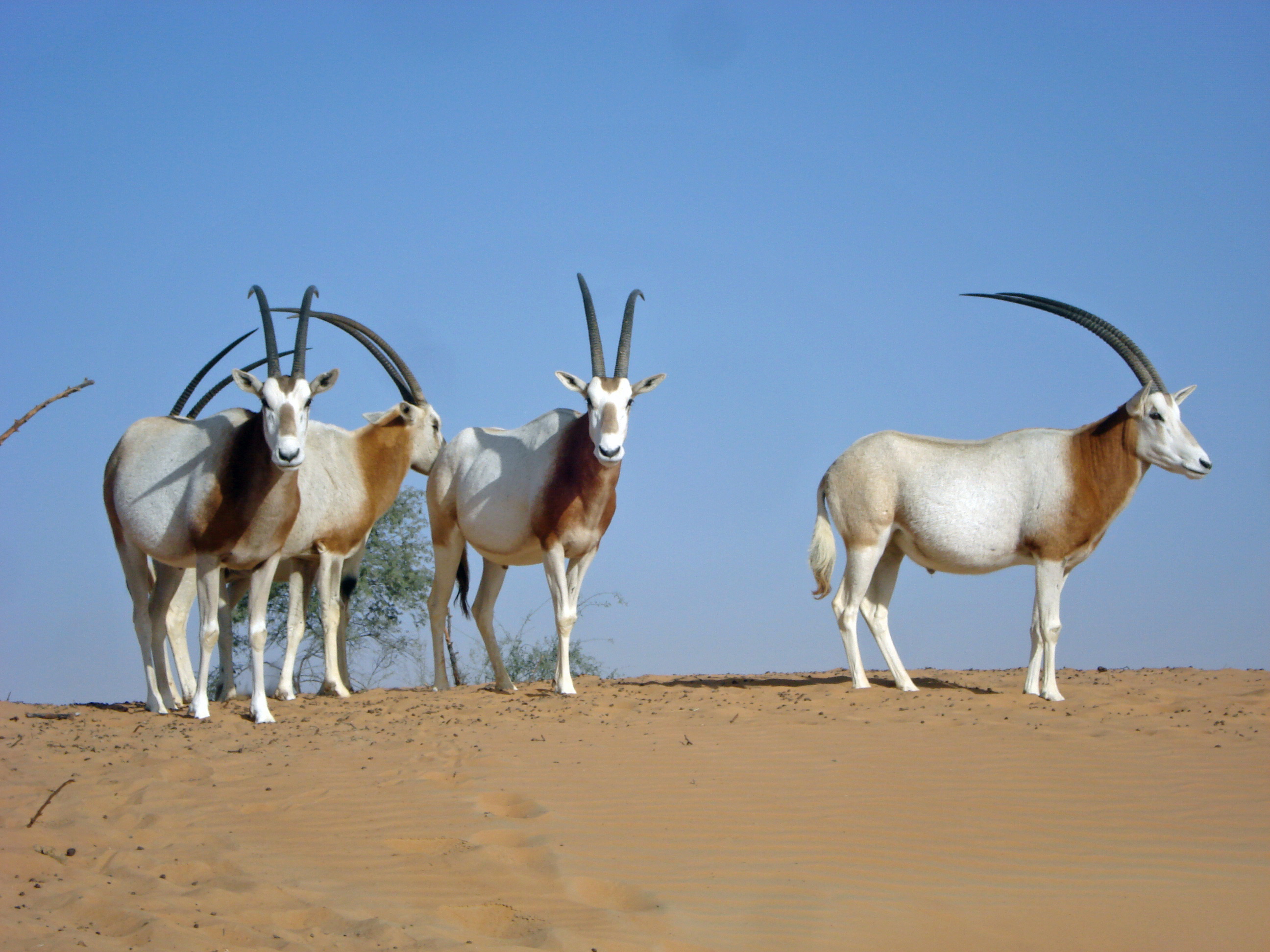 The week's good news: Dec. 21, 2023
The week's good news: Dec. 21, 2023Feature It wasn't all bad!
-
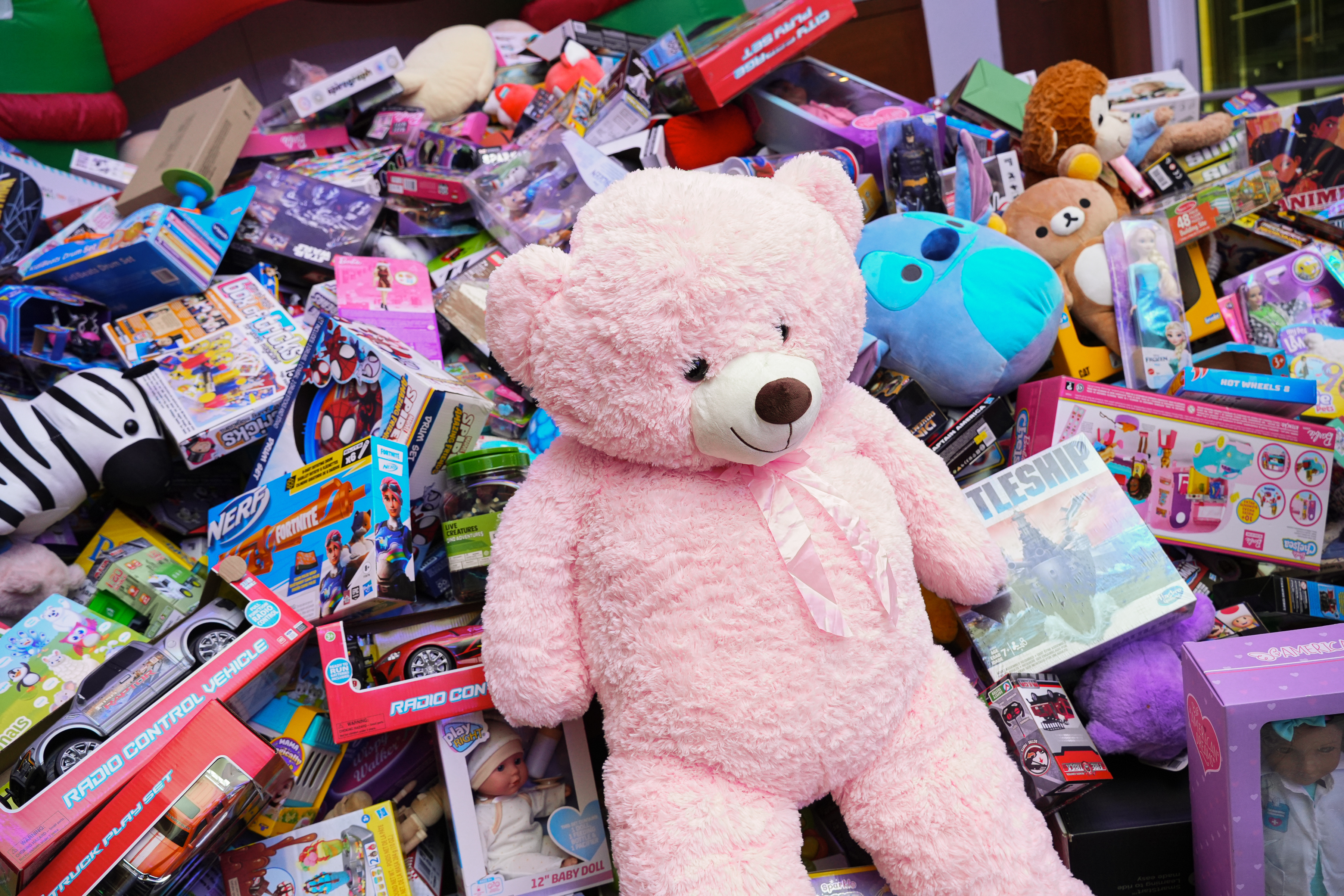 The week's good news: Dec. 14, 2023
The week's good news: Dec. 14, 2023Feature It wasn't all bad!
-
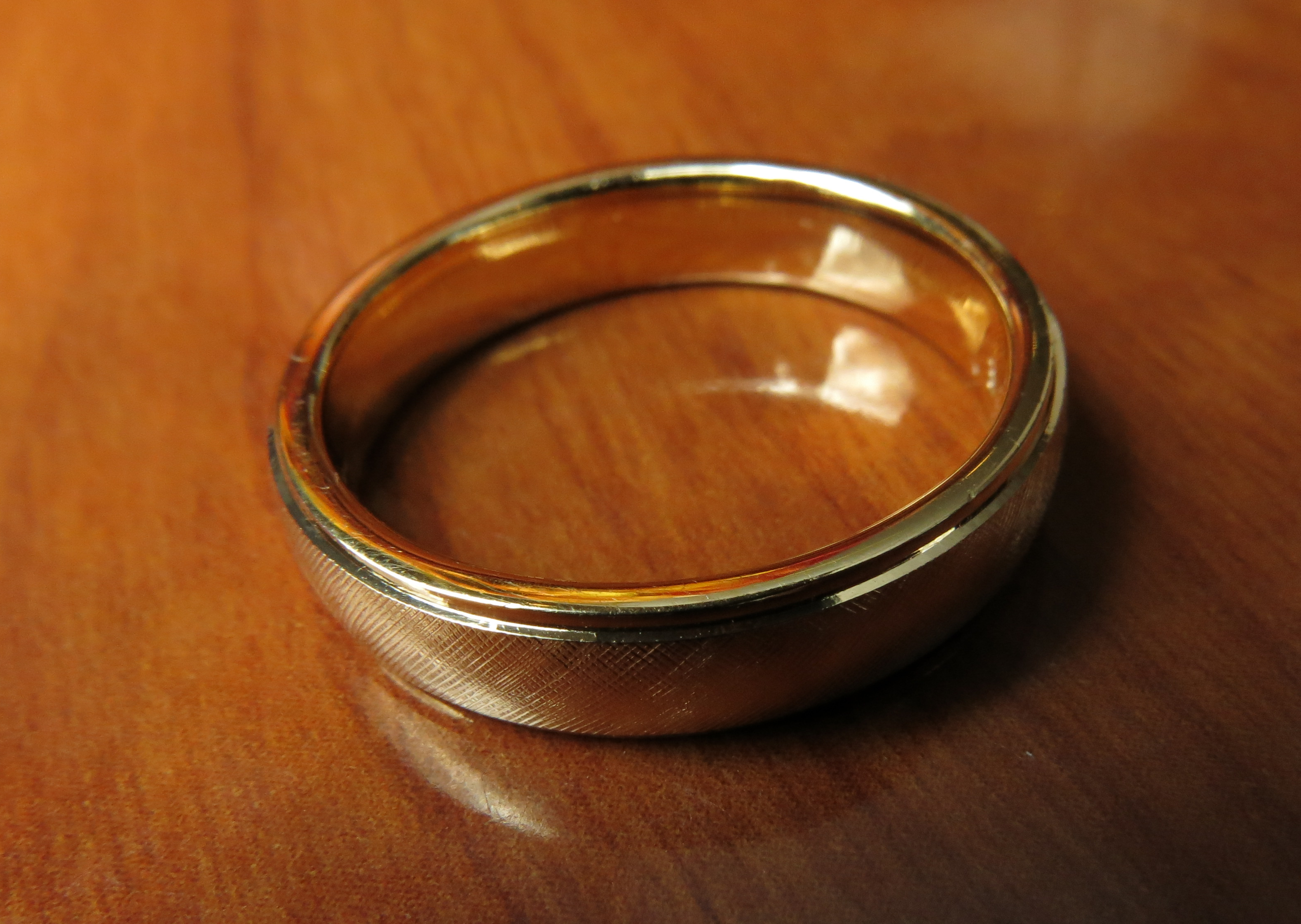 The week's good news: Dec. 7, 2023
The week's good news: Dec. 7, 2023Feature It wasn't all bad!
-
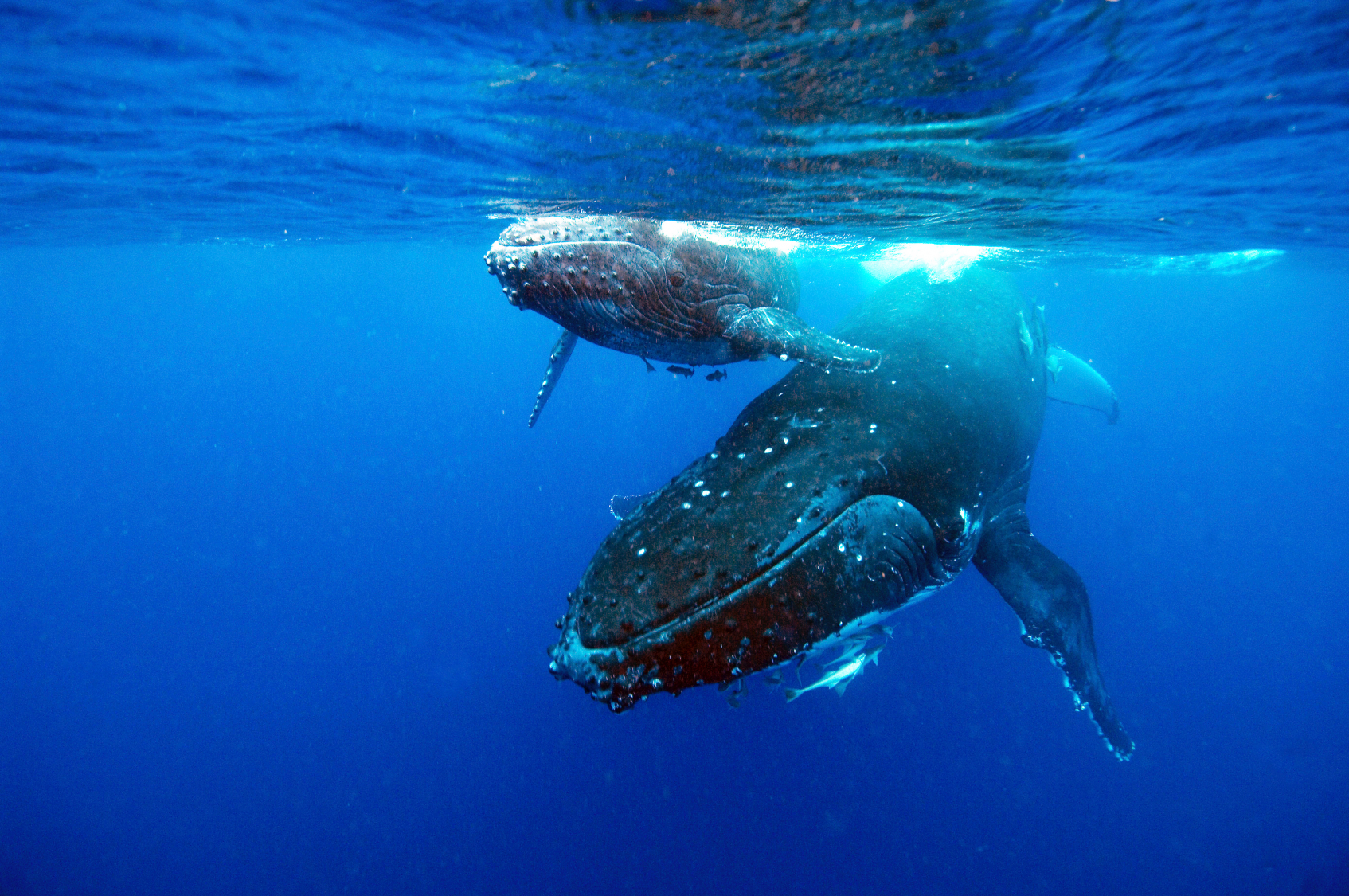 The week's good news: Nov. 30, 2023
The week's good news: Nov. 30, 2023Feature It wasn't all bad!
-
 The week's good news: Nov. 16, 2023
The week's good news: Nov. 16, 2023It wasn't all bad!
